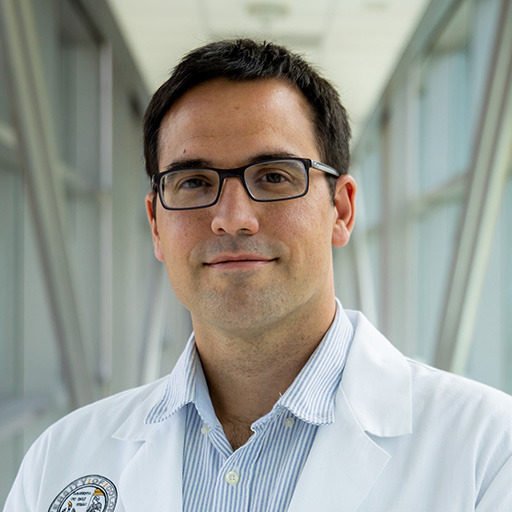HtrA1 Is Required for Retinal Pigment Epithelia Survival During Endoplasmic Reticulum Stress
Principal Investigator
Darlene Dartt, PhD
Schepens Eye Research Institute of Massachusetts Eye and Ear
Boston, MA, USA
About the Research Project
Program
Award Type
Standard
Award Amount
$120,000
Active Dates
July 01, 2014 - June 30, 2016
Grant ID
M2014025
Goals
In aging patients with central vision loss, a group of cells in the back of the eye, together known as retinal pigment epithelia (RPE), is specifically injured. The aim of this study is to examine whether RPE injury arises from sustained, irreparable damage to the cell’s protein factories. We predict that patients with changes to a protein called HtrA1 (high-temperature requirement serine protease A1) are particularly prone to such damage. We propose that rectifying RPE injury with “chemical chaperones” can benefit these patients and that this class of drugs can be used as a strategy to manage central vision loss.
Summary
The overall goal of this project is to understand the pathogenesis of age-related macular degeneration (AMD). Specifically, I will test the hypothesis that one of the causes of AMD is a defect in coping with cellular stress.
We discovered that those genes that harbor genetic variants, which are associated with an increased susceptibility to developing AMD, are involved with resolving cellular stress. In the first portion of this project, I will determine the mechanism by which the protein products encoded by these genes participate in the resolution of cellular stress. In the second portion of the project, I will determine how AMD-associated genetic variants compromise the ability to protect cells from cellular stress.
This project is unique because of its focus on relatively understudied clues regarding the pathogenesis of AMD that emerged from genetic studies with human patients. These clues are the presence of genetic variants that are associated with an increased risk of developing AMD. These genetic variants reside in genes that code for proteins, whose functions are likely to contribute to the resolution of cellular stress. It is this question that I will address in the studies proposed herein.
The results of the proposed studies will provide novel insights regarding the pathogenesis of AMD. This type of information will enable the development of new treatments for AMD patients. Consequently, our work could lead to an increased quality of life for the growing population of individuals who are vulnerable to AMD through age and genetic risk factors.
Related Grants
Macular Degeneration Research
Exosomes and Autophagy: Suspicious Partners in Drusen Biogenesis and AMD
Active Dates
July 01, 2024 - June 30, 2027

Principal Investigator
Miguel Flores Bellver, PhD
Current Organization
University of Colorado Anschutz Medical Campus
Macular Degeneration Research
Innovative Night Vision Tests for Age-Related Macular Degeneration
Active Dates
July 01, 2024 - June 30, 2027

Principal Investigator
Maximilian Pfau, MD
Current Organization
Institute of Molecular and Clinical Ophthalmology Basel (Switzerland)
Macular Degeneration Research
The Generation of Cone Photoreceptor Outer Segments
Active Dates
July 01, 2024 - June 30, 2027

Principal Investigator
Heike Kroeger, PhD
Current Organization
University of Georgia



